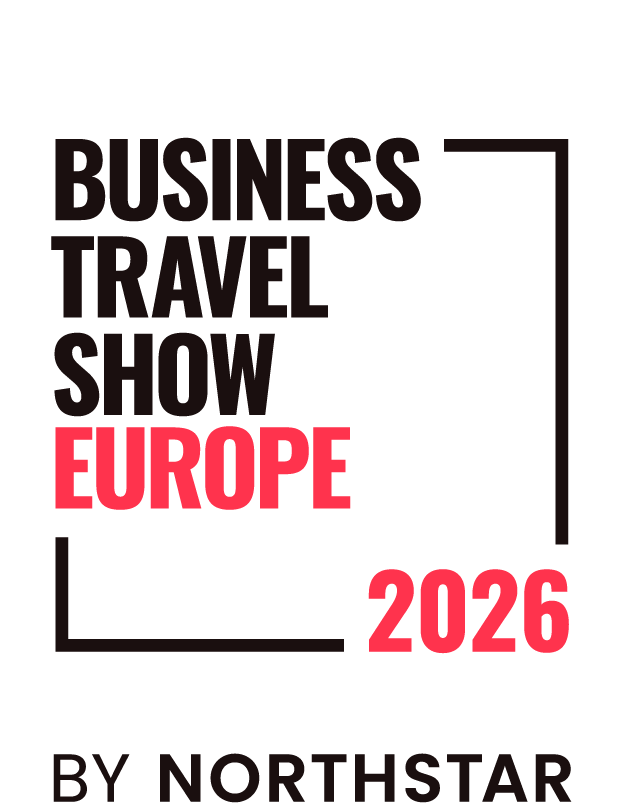How travellers will use technology in 2025
)
- Original Contribution by: Travelport
- Updated by: Jonathan Carter-Chapman, Marketing Director, Northstar Travel Group
- Re-published: April 2025
- Topics: Business travel technology, Mobile travel trends, Travel apps, Voice search in travel, Travel personalisation, Traveller behaviour, Corporate travel innovation
- Read Time: 8 minutes
Quick Summary
In this exclusive guest blog from Travelport, we explore how travellers are using technology in 2025. From mobile-first behaviour and rising use of voice search to the importance of personalised experiences and real-time communication, this article outlines nine key travel tech trends shaping the industry right now.
Introduction
If you’re a member of Generation X, as I am, you probably remember making phone calls from your hallway at home and only sending emails from the office. We read travel inspiration catalogues and reserved our trip on a Saturday morning trip to the local High Street. While it’s easy to take for granted the devices almost all of us now carry 24/7, the continued advancement of mobile connectivity in recent years means more of us than ever are now being inspired, planning, booking and managing travel through our mobile phones.
With this in mind, we’re looking at the trends shaping mobile travel in 2025 and the traveller behaviour that’s transforming how our industry works. Here are the findings of our recent research and the 9 things you need to know about consumer-facing travel technology today.
Researching your trip
Peer reviews remain king
Peer to peer recommendations remain the most influential source of information for consumers. The same behaviour occurs in the travel industry with review sites (such as TripAdvisor) the ‘go-to’ research resource for over 80% of travellers.
Voice search is rising
We’re also using the capability of our mobile devices to find new ways to research travel options, including voice search, which is increasingly available within your favourite travel apps:
1. Voice search continues to gain traction as a research method with 40% of travellers using it, up from 23% in 2018.
2. Voice search is even more widely used by business travellers, with almost 60% using it in 2019.
Booking on mobile
The fractured mobile booking journey
Booking travel is quite a fractured experience for the majority of travellers. Only 36% of respondents said they booked their whole trip through one website or mobile app.
Comfort in booking on mobile
A clear trend we are seeing is a willingness to book on mobile if the content is right for the traveller.
3. The vast majority of travellers (~75% of Leisure and ~80% of Business) have booked and paid for travel on their mobile.
4. 84% of Gen Z and Gen Y respondents have booked and paid for a trip on mobile versus only 40% of the over 55s.
Communication creates connection
Post-booking information
Offering a discount or sending special offers is the minimum consumers expect from any retailer. Added information and relevant, timely customer service are likely to take that relationship a lot further.
5. 56% of travellers want to see the availability and cost of extras such as the ability to choose your seat, look at the menu, check if wi-fi is available and what the baggage allowance is.
Push notifications
Over 80% of travellers using apps said an update on the trip status is the most important notification they could receive. However, push notifications can play a role in the sales process too.
6. 82% of app users want to receive push notifications about changes to the price of a flight they had been considering and reminders about flights they had left abandoned in their cart.
Time to get personal
Personalised travel experience
We live in a world of big data. Our ability to understand huge data sets in order to gain insights about the people represented within them is growing thanks to AI and machine learning.
7. 82% of respondents said they were in favour of receiving a shortlist of branded offers, being able to purchase add-ons, and to give airlines more access to your data to facilitate more personalisation.
8. 35% of travellers said they get annoyed if companies they use regularly do not remember their preferences.
App, app and away
App usage trends
As you may expect, younger travellers are more likely to use apps. The range of activities covers all aspects of the trip including flights, accommodation, car, and bleisure.
9. 87% of travellers have the same or more travel apps on their smartphone in 2019, a 5% increase on the previous year.
Final thoughts
The internet is becoming increasingly ‘mobile-first’. The amount of traffic from mobile has overtaken that from desktops in recent years and smartphone sales have been a multiple of PC sales for a long time. In the eyes of Google, how your websites look on mobile is more important than how it looks on a desktop.
A lot of the stats uncovered in our research back up the move to mobile by consumers and particularly travellers. Creating a digital travel experience through mobile communication should be a priority for travel agencies in 2025.
To find out more, read Travelport’s Consumer Trends Report.
Frequently Asked Questions
Further Reading:
Acknowledgement: Original article contribution by Travelport. This version has been updated and rewritten by Jonathan Carter-Chapman, Marketing Director, Northstar Travel Group to reflect recent trends, technologies, and industry insights.



